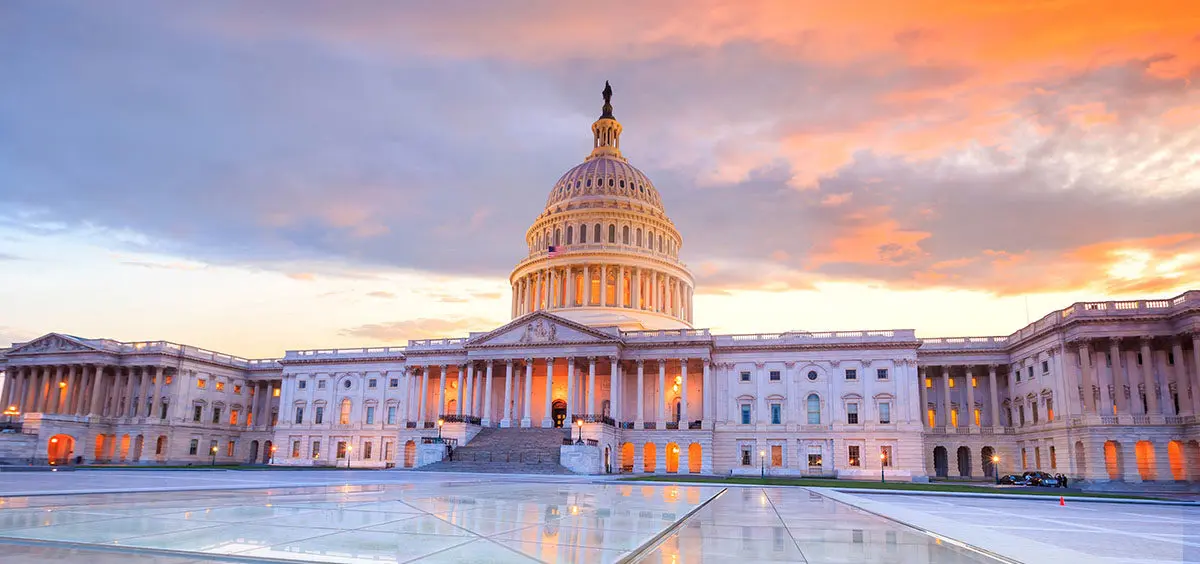NHC Focus On: NHC Leadership on COVID-19
05/06/2020
By Eric Gascho, Vice President, Policy and Government Affairs
The COVID-19 outbreak has quickly taken precedence over all other health policy issues, as Congress and the Trump Administration have worked and are continuing to pass Coronavirus relief legislation. The National Health Council (NHC) and our member patient organizations quickly rose to the occasion and have worked tirelessly to ensure important provisions are included in this legislation. While this pandemic has put a strain on other health policy initiatives, the patient advocacy community has come together to see many successes in the past few months.
NHC Leadership
The NHC has been specifically dedicated to ensuring patient protections and nonprofit relief provisions have been included in COVID-19 relief legislation. As an organization, we have:
- Galvanized 217 organizations on a sign-on letter calling for nonprofit relief and followed-up with a Congressional outreach push;
- Joined 23 sign-on letters on a variety of COVID-related issues ranging from nonprofit support to testing capacity to nondiscrimination in rationing decisions;
- Conveyed relevant and timely information to members through daily COVID-19 digests and weekly CEO and senior staff webinars, focused the majority of our Action Team meetings on COVID-19 policy, and convened ad hoc meetings such as our Deep Dive into the CARES ACT webinar; and
- Spoke on numerous member organization webinars to provide updates on COVID-19 policy issues.
Access to Health Care
In the past five weeks, nearly 30 million Americans have filed for unemployment as businesses remain closed, resulting in millions losing their employer-based insurance coverage. Even as millions are newly without coverage, the marketplace has not been reopened, nor have extensions been granted for special-enrollment period guidelines. The COVID-19 pandemic has strained and disrupted the health care system, causing delays in regular appointments or shifts to telemedicine visits, which in turn has made it difficult for many individuals to receive the health care they need.
The NHC is dedicated to making sure all Americans have access to adequate and affordable health care, and we will continue to work alongside our members to advocate for:
- A special federal enrollment period to help people who have lost their insurance;
- Additional federal Medicaid funding for states;
- Incentives for states to expand Medicaid;
- Coverage for COVID-19 testing, treatment, vaccines, and recovery services:
- Coverage for telemedicine services;
- An end to surprise medical bills;
- Increased network flexibility;
- Avoidance of long-term premium increases; and
- Assistance for people who have lost their employer sponsored coverage.
The NHC also called on CMS to allow patients to receive their infused or injected treatments in their homes when it is deemed safe and appropriate. CMS responded by granting new flexibilities presented within the Public Health Emergency Interim Final Rule that This flexibility will reduce the fear and uncertainty patients with chronic conditions and their caregivers experience when forced to choose between a potentially high risk of COVID-19 exposure and the catastrophic consequences of delaying or stopping treatments needed to avoid disease progression or exacerbation.
The NHC also joined with disability and aging advocates to ask the Department of Health and Human Services’ Office of Civil Rights (OCR) to issue guidance to states and providers to make sure that Crisis Standards of Care (CSC) do not discriminate against people with disabilities and chronic conditions. Many existing CSCs would result in people with disabilities and chronic conditions being denied equipment such as ventilators in rationing situations. These efforts were already successful in driving an agreement between OCR and Alabama to rescind existing discriminatory CSCs.
Nonprofit Relief
The Coronavirus Aid, Relief, and Economic Security (CARES) Act included nonprofits in targeted assistance to affected sectors, a first for any economic stimulus package. As a result of tireless advocacy, nonprofit 501(c)3 organizations with fewer than 500 employees can apply for small business loans. To further aid nonprofits, the bill also allows individuals to deduct up to $300 of charitable donations if they don’t itemize their taxes. These are huge victories for the nonprofit sector, which has been left behind in previous economic stimulus efforts. The work of the NHC and the patient advocacy community was significant getting these measures included. The NHC is supporting proposals for future packages, including the Save Organizations that Serve (SOS) America Act, that include:
- Dedicated funding explicitly for non-profits;
- Expansion of the program to include more charities such as 501(c)6 organizations;
- Improved above-the-line giving deduction; and
- Elimination of the 500-employee cap for nonprofit participation in small business loans.
For more information and resources on COVID-19, visit our issue page.
